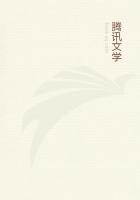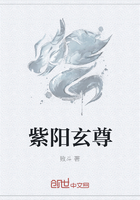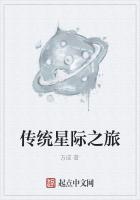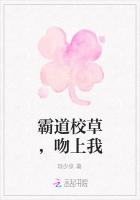I have always had a great love for the absolutely unreal, the purely fanciful in all the arts, as well as of the absolutely real; I like the one on a far lower plane than the other, but it delights me, as a pantomime at a theatre does, or a comic opera, which has its being wholly outside the realm of the probabilities. When I once transport myself to this sphere I have no longer any care for them, and if I could I would not exact of them an allegiance which has no concern with them. For this reason I have always vastly enjoyed the artificialities of pastoral poetry; and in Venice I read with a pleasure few serious poems have given me the "Pastor Fido" of Guarin I came later but not with fainter zest to the "Aminta" of Tasso, without which, perhaps, the "Pastor Fido" would not have been, and I revelled in the pretty impossibilities of both these charming effects of the liberated imagination.
I do not the least condemn that sort of thing; one does not live by sweets, unless one is willing to spoil one's digestion; but one may now and then indulge one's self without harm, and a sugar-plum or two after dinner may even be of advantage. What I object to is the romantic thing which asks to be accepted with all its fantasticality on the ground of reality; that seems to me hopelessly bad. But I have been able to dwell in their charming out-land or no-land with the shepherds and shepherdesses and nymphs, satyrs, and fauns, of Tasso and Guarini, and I take the finest pleasure in their company, their Dresden china loves and sorrows, their airy raptures, their painless throes, their polite anguish, their tears not the least salt, but flowing as sweet as the purling streams of their enamelled meadows. I wish there were more of that sort of writing; I should like very much to read it.
The greater part of my reading in Venice, when I began to find that I could not help writing about the place, was in books relating to its life and history, which I made use of rather than found pleasure in. My studies in Italian literature were full of the most charming interest, and if I had to read a good many books for conscience' sake, there were a good many others I read for their own sake. They were chiefly poetry;
and after the first essays in which I tasted the classic poets, they were chiefly the books of the modern poets.

